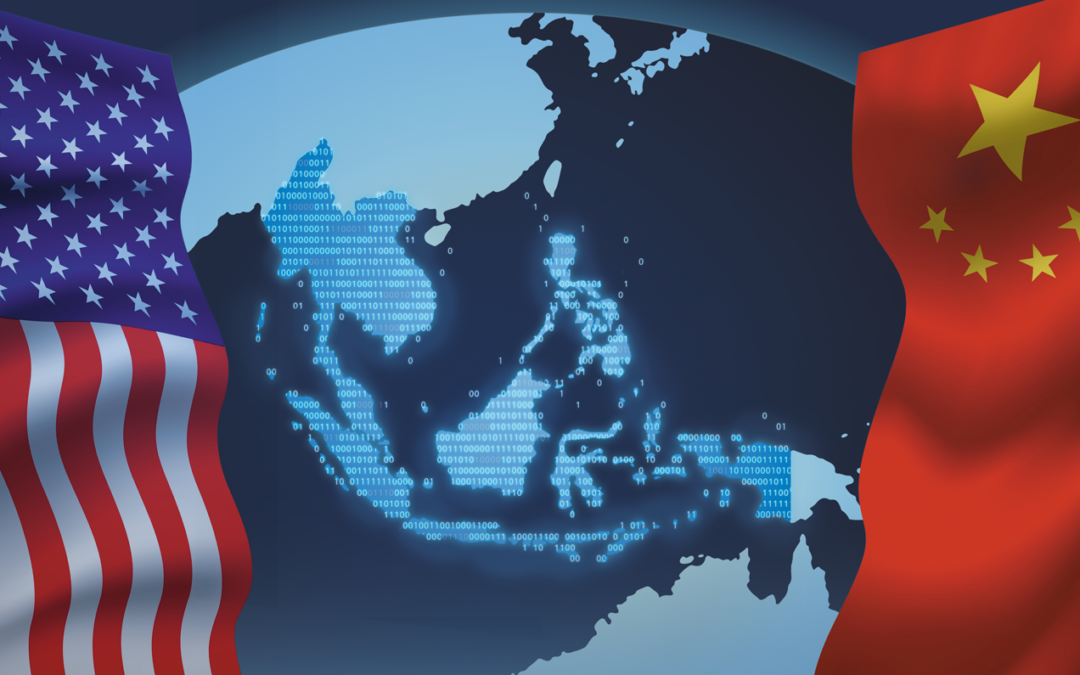
by Nicholas Mitsakos | Book Chapter, China, Globalization, Public Policy, Taiwan, Technology, Trade, uncertainty, Writing and Podcasts
The global investment landscape has reached a structural inflection point. Geopolitical realignments, industrial policy, and national security concerns are reshaping the era of frictionless globalization. At the center of this transformation is the intensifying strategic competition between the United States and China. The US is acting belligerently toward China in trade negotiations, threatening exorbitant tariff rates and trying to build walls around China’s international trade activity. All this may be a high-volume attempt to bring China to the table to strike a better trade arrangement. While this tactic is unprecedented, we may only be in the third inning of a nine-inning game. The current geopolitical and economic transition is both a challenge and a multi-decade opportunity. Capital will increasingly flow to regions that demonstrate policy consistency, innovation capacity, and demographic vibrancy. Strategic sectors such as AI, defense, semiconductors, energy, digital infrastructure, and cybersecurity will drive private and public investment. Embracing this new reality of regional diversification, thematic depth, and geopolitical foresight will position participants to thrive. As multipolarity replaces global uniformity, success lies with active, strategic alignment with the forces shaping the next economic era.

by Nicholas Mitsakos | Artificial Intelligence, Book Chapter, China, Economy, Globalization, Public Policy, Science, Taiwan, Technology, Transformative businesses, Writing and Podcasts
The convergence of volatile geopolitics fragmented and unpredictable markets, disruptive technologies, and unique opportunities. Understanding geopolitical issues, developing innovative and insightful investment strategies, and navigating political and economic volatility are now essential to achieving investment success.
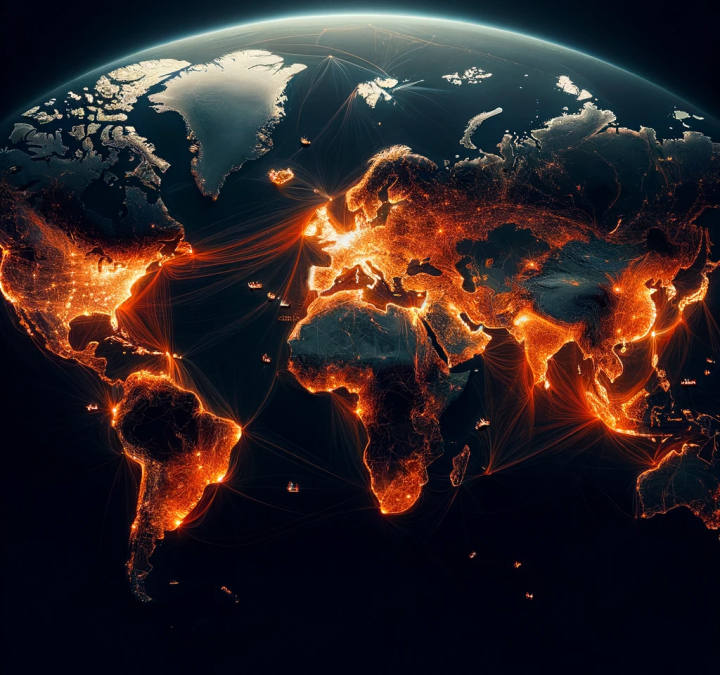
by Nicholas Mitsakos | Book Chapter, China, Economy, Globalization, irrationality, Public Policy, Taiwan, Trade, uncertainty, Writing and Podcasts
A turbulent geopolitical and economic environment is here to stay. Allocating capital in today’s economic and geopolitical landscape requires a sharp focus on macro trends, a disciplined approach to risk, and an ability to anticipate shifts in policy and global power dynamics. The investment landscape has never been more complex, with heightened tensions between the U.S. and China, uncertainty surrounding Taiwan, and Europe’s economic fragility. The new reality is that trade realignments, subsidized industrial policies, and emerging trading blocs characterized by protectionism and localization are rising. Now What?Geopolitical risk is no longer an afterthought. The US-China rivalry, Taiwan’s strategic importance, Europe’s economic fragility, and shifting trade policies will shape the next decade of global markets. Savvy investors will anticipate these changes and allocate capital to industries and regions positioned for sustained growth. The key to success is flexibility, resilience, and the ability to recognize macro trends before they materialize fully. The future is uncertain but full of opportunities.
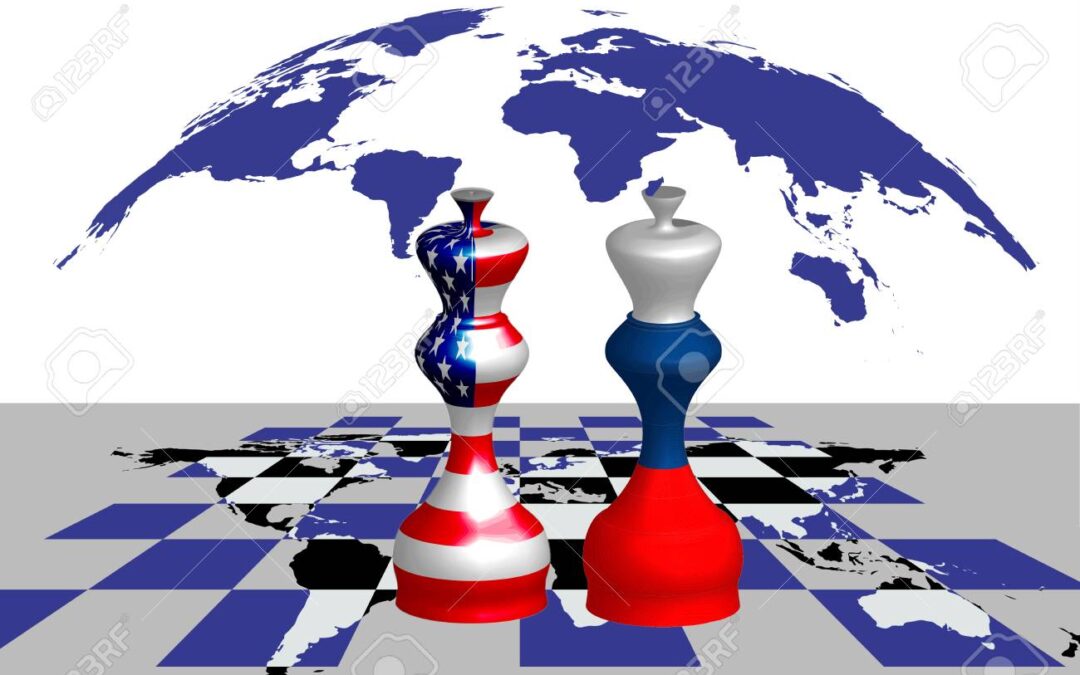
by Nicholas Mitsakos | Artificial Intelligence, Book Chapter, China, commodities, Currency, Economy, Globalization, Innovation, Trade, Writing and Podcasts
The United States and China play global economic and political chess games. There are many moves and defensive and offensive strategies, not only for trade but also for energy and natural resources (rare earths among the most recent flavors of discord), geopolitics (Russia, Ukraine, Iran, the Middle East generally), technology (Taiwan and AI), and global economic supremacy. It’s a long list, but China and the US drive the outcomes. Instead of working for mutual benefit, regardless of fundamental cultural and political differences, we are now drawing bright lines demarking battle zones (Ukraine and Russia; Taiwan; AI and advanced technologies). The result will be economic and technical inefficiency and degradation in the quality of life, safety, and prosperity. China must acknowledge the outrage caused by its overreaching bids for control, and America must adjust to China’s presence without selling honor for profit. Competition is not us-or-them; reality is us-and-them. The U.S. semiconductor industry gets 30% of its revenue from China. China’s resulting products service the world, and China’s producers need the U.S. as well. If allowed, such examples of mutual benefit will proliferate. It is naïve to imagine wrestling China back to the past. The project, now, is to contest its moral vision of the future. Connected, collaborative engagement is the only practical way. China has come a long way, and its trajectory cannot be ignored or dismissed. The U.S. and China will be much better off from this more enlightened, realistic perspective. See the whole board.
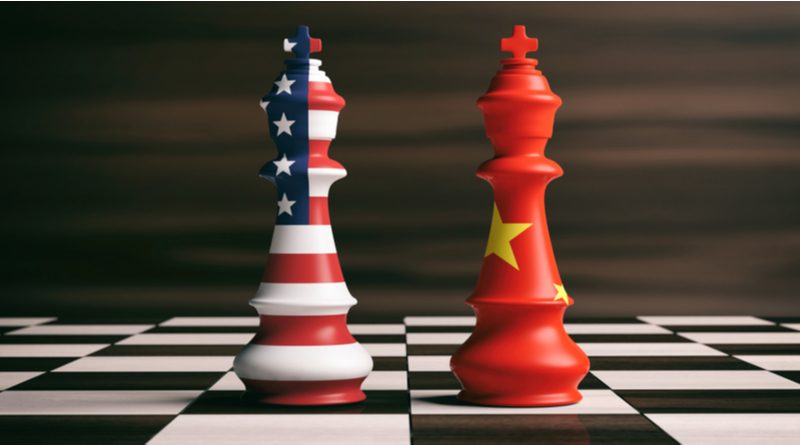
by Nicholas Mitsakos | Book Chapter, China, Economy, Globalization, Investment Principles, Writing and Podcasts
The “Thucydides Trap” occurs when a rising nation-state—for the Greek historian Thucydides, it was Athens—must eventually have a violent confrontation with the existing dominant nation-state—Sparta in his time. It is a zero-sum game where there can be only one dominant nation-state as the eventual winner, and it is usually assumed that the rising nation-state will outdo the dominant nation-state resolved only by military conflict.The United States and China are today’s Sparta and Athens. For several decades, their geopolitical relationship has been fundamentally based on collaboration and healthy competition, raising the bar for both countries. Now, it is turning into discordant competition, trade restrictions, and embargoes. The combined benefits of global collaboration and competitiveness, not trade restraint, will only enhance the benefits for the United States and China. The government creates friction and potential conflict, which is the biggest reason we fall into the Thucydides Trap. If appropriate, oversight, sensible regulation, and enforceable trade agreements do not interfere with fair competition and collaboration. There is no “Trap” to avoid. The sooner China and the US realize this, the better off each country (and the world) will be.
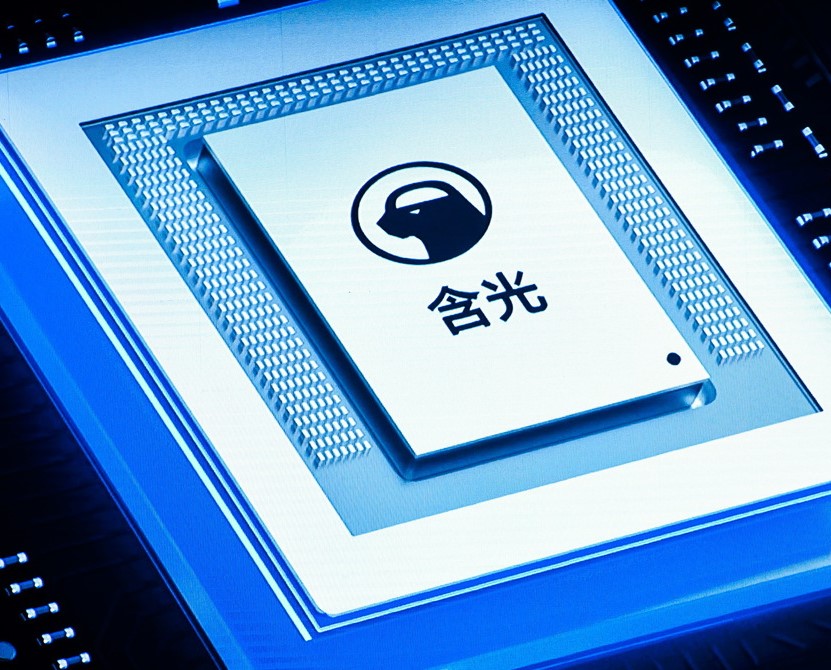
by Nicholas Mitsakos | Artificial Intelligence, Book Chapter, China, Globalization, Innovation, Public Policy, Transformative businesses, Writing and Podcasts
Significant VC activity and AI development opportunities are emerging in China. DeepSeek is the Vanguard of innovation from the artificial intelligence “moonshot” encouraged by the Chinese government. Not only will we see ongoing developments from Alibaba and Tencent, but there will also be a layer of elite AI companies at the forefront of China’s AI sector. US sanctions and restrictions have only increased innovation and groundbreaking AI development activity in China. Those sanctions will amount to nothing and encourage accelerated advancement.
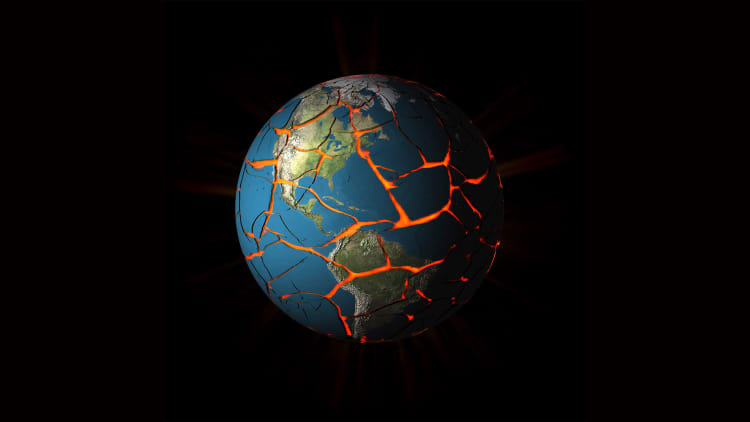
by Nicholas Mitsakos | Book Chapter, Globalization, Innovation, Public Policy, Technology, Writing and Podcasts
The paranoia is building. From the CHIPS Act to proposals for absurdly high tariffs (60% on goods from China isn’t going to help anyone) to banning TikTok, the world is on the verge of reversing decades of progress and exchanging real progress for delusionary gains.
Efforts to localize production and economic development with vast government subsidies are being proposed or enacted in the United States, the EU, China, India, and any other economic center that can think of it.
Hiding behind walls has never worked and makes life worse for everyone.
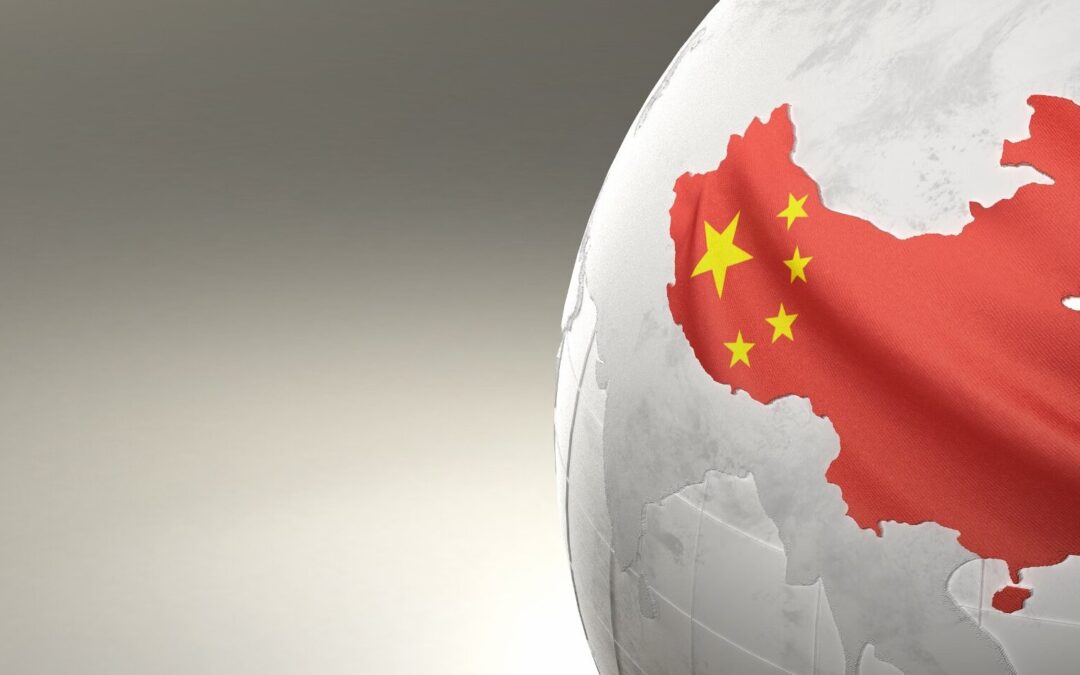
by Nicholas Mitsakos | Artificial Intelligence, China, Economy, Globalization, Innovation, Investment Principles, Technology, Transformative businesses, Writing and Podcasts
Chairman Xi faces more significant problems than just a declining stock market. Future prosperity, innovation, and China’s global position in advanced technologies are at stake. Bureaucratic regulation and central government money are not the answer, and an uncomfortable truth for communist bureaucrats is that a free market, access to venture capital and private equity, and vibrant public markets are essential for China’s success. A volatile market is still best at attributing value and allocating capital over time. China’s entrepreneurs have brilliance, incomparable fortitude, and a strong work ethic, but without capital and liquidity for that capital, the ship will run aground. Permanent capital is essential for the growth of an economy, innovation, and prosperity. Liquidity is essential for that capital.

by Nicholas Mitsakos | Economy, Globalization, Innovation, Public Policy, Writing and Podcasts
Open markets, free global trade, and limited state interference lead to greater shared prosperity. Heavy-handed Industrial policy and state intervention impede progress. It’s the economy and inequality, trade imbalances, are not what drive shared global wealth. Industrial policy, restricted trade, government subsidy, and overall intervention are challenging to get right, and hoping to achieve multiple goals simultaneously. One subsidy does not tackle climate change, boost industrial and economic growth, or enhance security. It is bound to fail. Time to revisit how things actually work through incentives to innovate, sensible economic models, prosperity, and wealth creation. No other mechanisms drive change or address the world’s most critical issues.
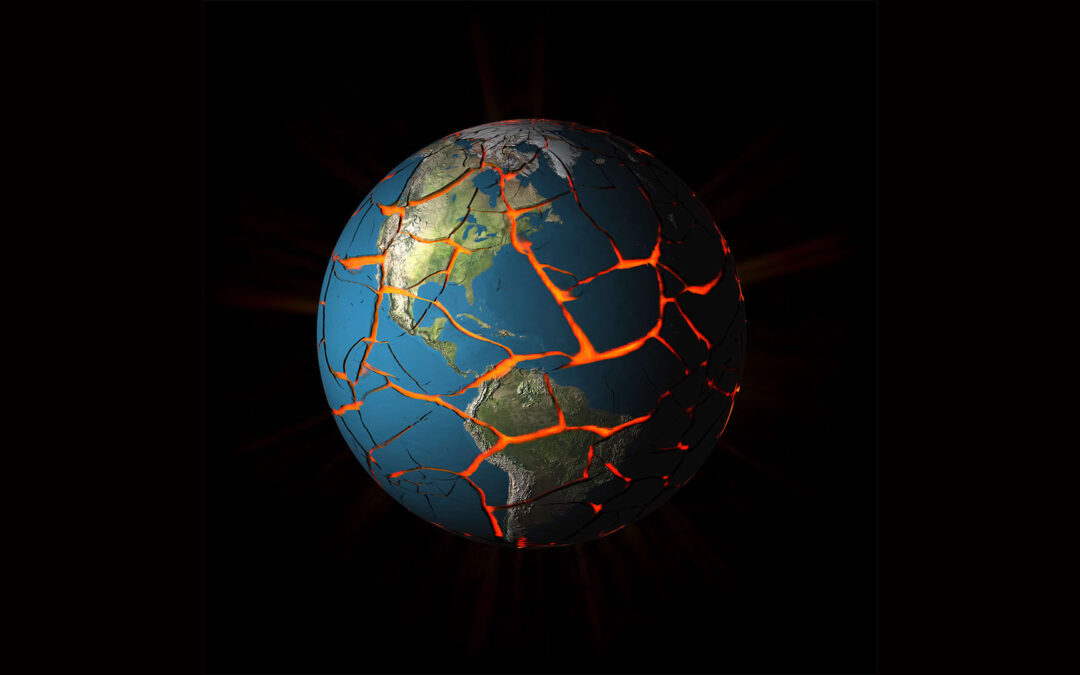
by Nicholas Mitsakos | Book Chapter, China, Economy, Globalization, Public Policy, Trade, Transformative businesses, Writing and Podcasts
Isolationism, fragmentation, and pessimism always fail. Globalization has been everyone’s favorite punching bag for a while. It is hard to feel optimistic about its prospects. However, globalization has a better future. If you are a fan of globalization, cooperation, and comparative advantage, the last decade has been extremely challenging. Ten years ago was a time of optimism on a global scale. However, economic and geopolitical forces have combined to add friction and fragmentation to global exchange. The benefits are now even greater and with everyone’s self-interest and mutual benefit, this geopolitical stalemate will pass – more quickly than is commonly thought today. Cooperation, integration, and mutual benefit win in the end. It is a time to be optimistic once again.










